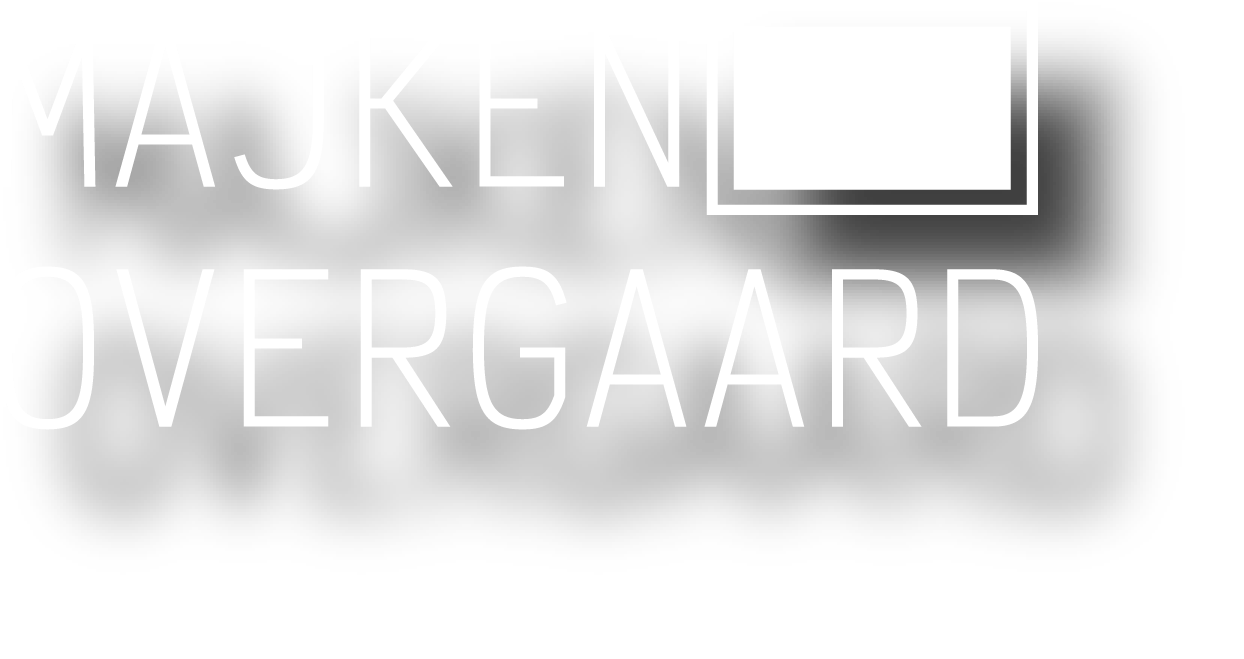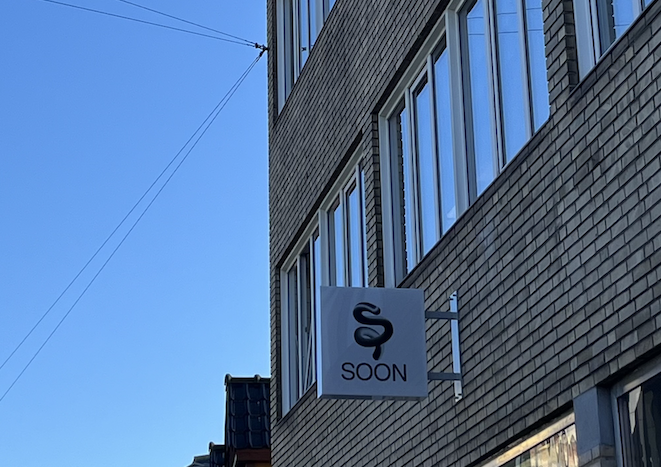
Soon – Lab for Possible Futures
Soon is a laboratory for possible futures. Here, we invite the future into the decisions we make in the present—for the benefit of the generations of people and other species that come after us.
Soon is exploratory, circular, and anti-disciplinary. The laboratory connects futures research, social innovation, systemic thinking, economic sustainability, democratic participation, and artistic methods.
So that we can create a future we actually want to live in. Soon.
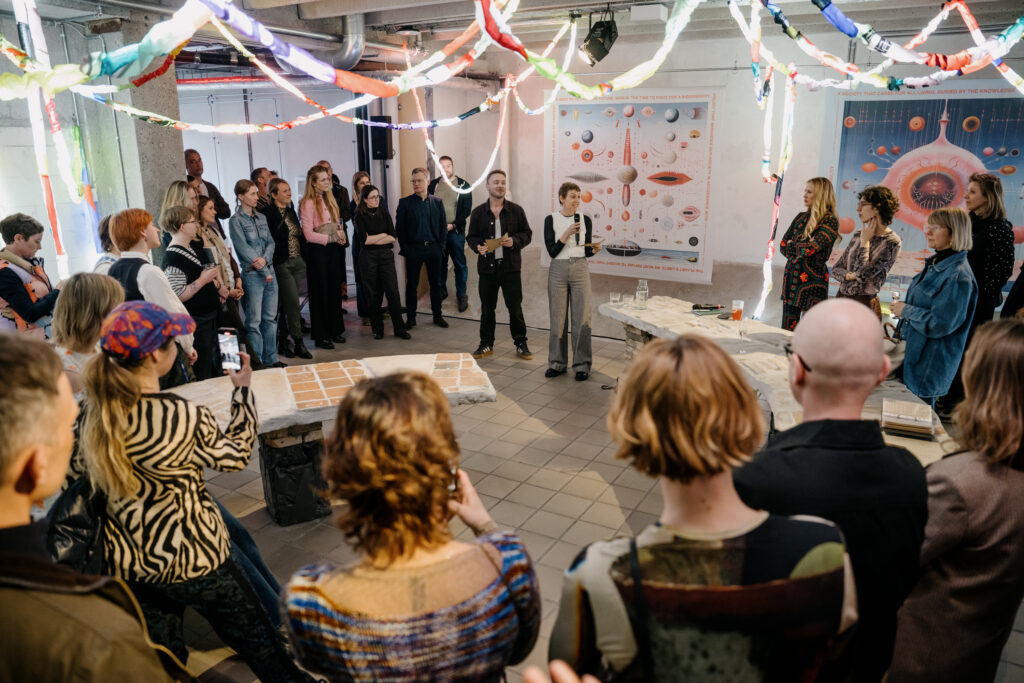
In September, Denmark signed the UN’s “A Declaration on Future Generations”, committing us to safeguarding the interests of those who come after us. Not just to create a better society in some distant future but also to develop forward-thinking solutions to the complex and long-term challenges we face today. But how do we actually do that?
Soon is a laboratory where practitioners, civil servants, change agents, researchers, leaders, decision-makers, artists, activists, students, and politicians come together for events, workshops, and learning programs. Here, they actively work with the future as a tool for making present-day choices that benefit future generations.
At Soon, you can step into the shoes of future generations, seek advice from other species, discover new voices and methods, and begin using the future as a tangible tool for development. Soon bridges theory and practice, providing interdisciplinary tools to move from vision to action.
Come visit Soon. Everyone is welcome, and we are open on weekdays from 9 AM to 4 PM, except on days when events are taking place in the space.
Soon is a pilot project for the future, being tested in 2025. The initiative is funded by Bikubenfonden and developed in collaboration with Nicklas Larsen from Copenhagen Institute for Futures Studies.
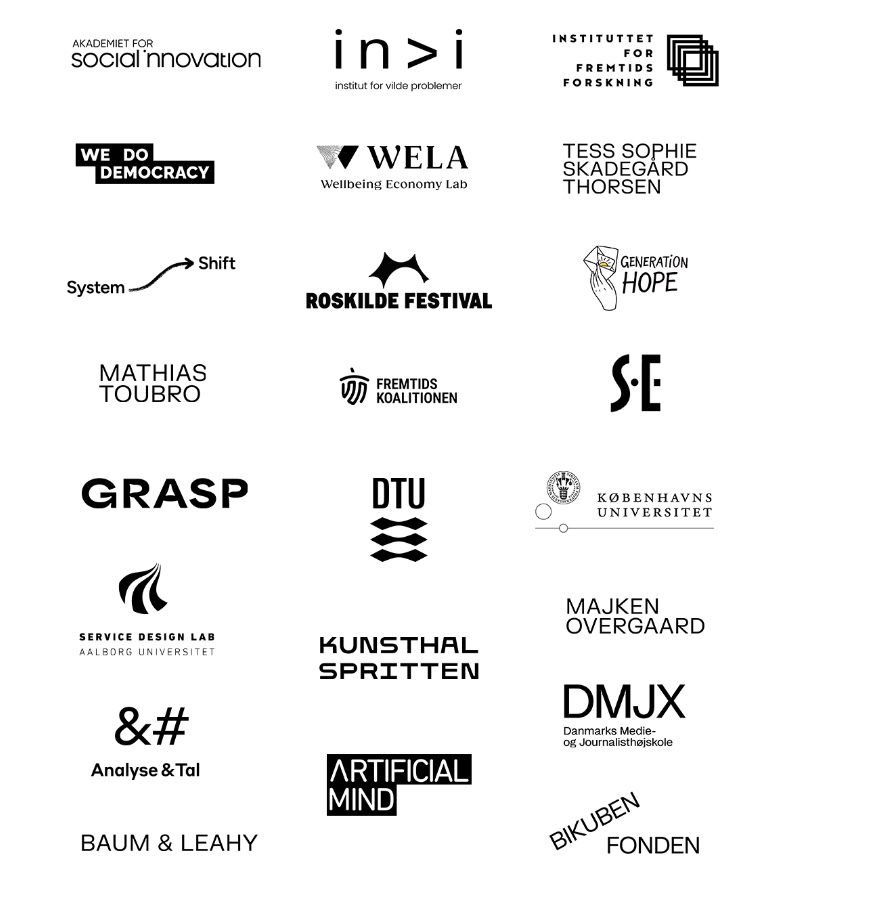
At Soon you can experience and experiment with the following installations
Agora – An AI for Future Generations
What does it actually mean to consider the perspectives of future generations when making decisions? Through the installation Agora, you can engage in dialogue with five artificial intelligences that represent possible future perspectives on nature, economy, love, and technology.
Artist Cecilie Waagner Falkenstrøm and her art-tech studio ARTificial Mind invite us to an open conversation with five Agora agents. Together, we can expand our imagination about the future and challenge ourselves to rethink the questions we need to ask in order to act on behalf of future generations in our work.
Agora was created in collaboration with Analyse & Tal, which contributed to developing the unique datasets used to train these data-driven, artificial future agents.
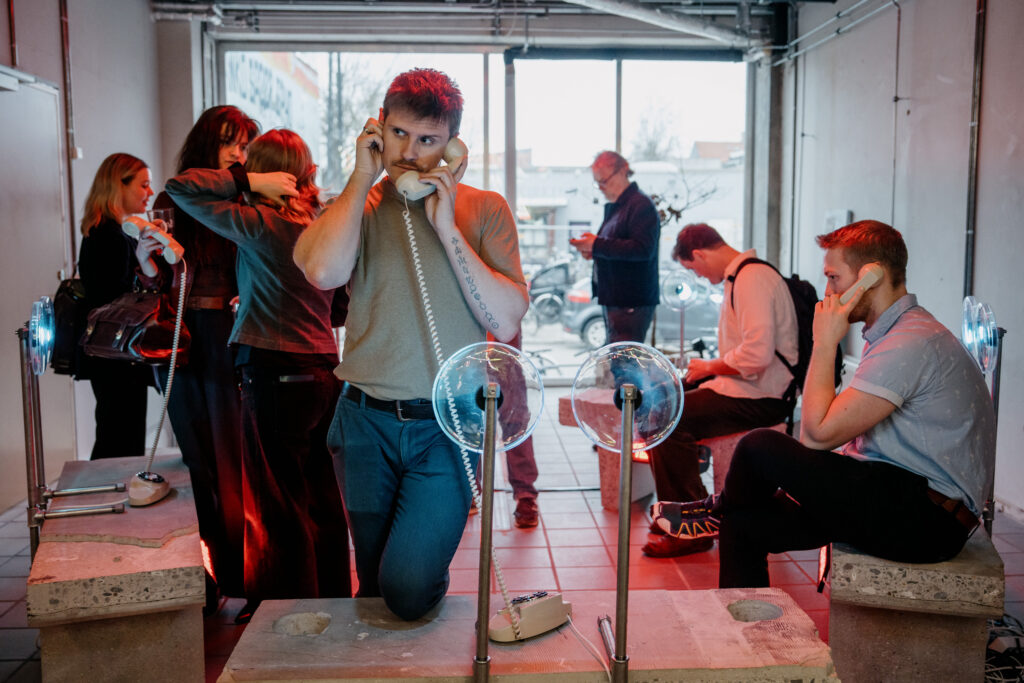
Two Loop Table
How do new systems emerge while old ones disappear? Artist Mathias Toubro has transformed the Berkana Institute’s Two Loop model into a physical installation, giving shape to systemic change within the Soon laboratory.
The Two Loop model is one of the core developmental frameworks in Soon, presented at a large scale in the lab. The model illustrates how old systems fade so that new ones can take root—serving as both a tangible tool and a method table for development at Soon. The table becomes a platform for speculative thinking—a place where we can discuss what needs to die and what should live on. By seeing, touching, and stepping into the Two Loop model, systemic change becomes a concrete process we can actively engage with.
Inspired by the circular architecture of Thoravej 29, the table is crafted from a former spiral staircase and other salvaged materials from the building’s transformation.
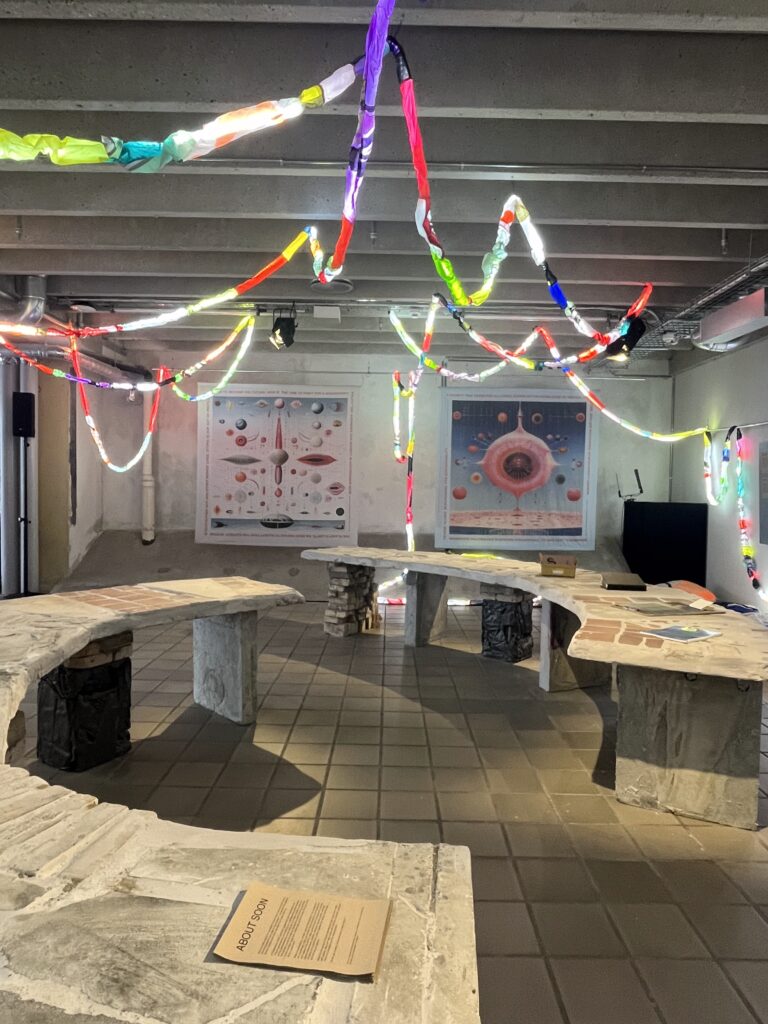
Pantopia
If we could create a new, sustainable future together—a Pantopia—what would it consist of?
Pantopia is created by Baum & Leahy in collaboration with FLOKKR at Roskilde Festival and GRASP and serves as a sensory manifestation of young activists’ dreams of utopias. The installation invites you to explore how collective thinking and activism can shape more sustainable futures.
The large banners display dreamlike and complex scenarios envisioning ecological futures. These scenarios were shaped using AI, based on prompts with text excerpts from The Green Youth Movement’s publication Retfærdig Naturbevarelse and responses from participants in previous FLOKKR workshops.
Pantopia has been lent to Snart from Roskilde Festival as a new potential circular model for exhibiting and sharing art between organizations. In an adapted form, we continue this living experiment, where ideas about sustainable futures and activism are explored collectively.
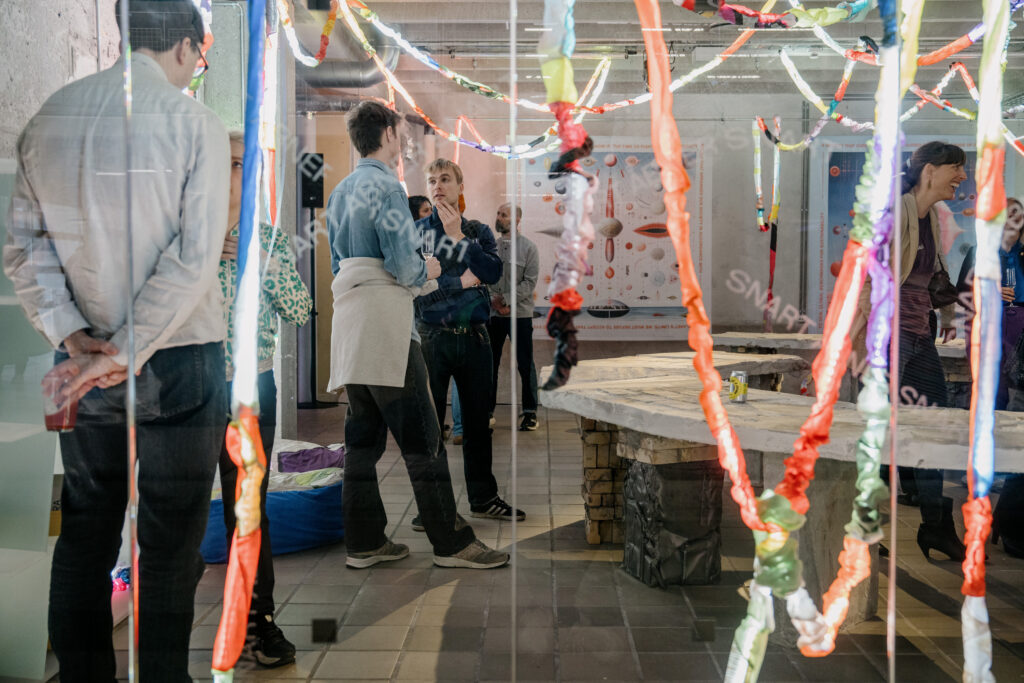
Follow our work here
